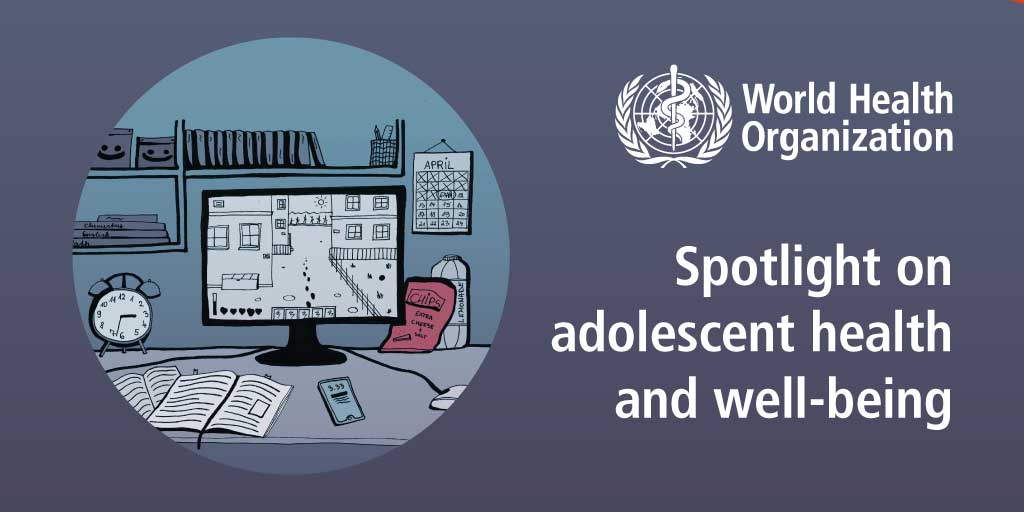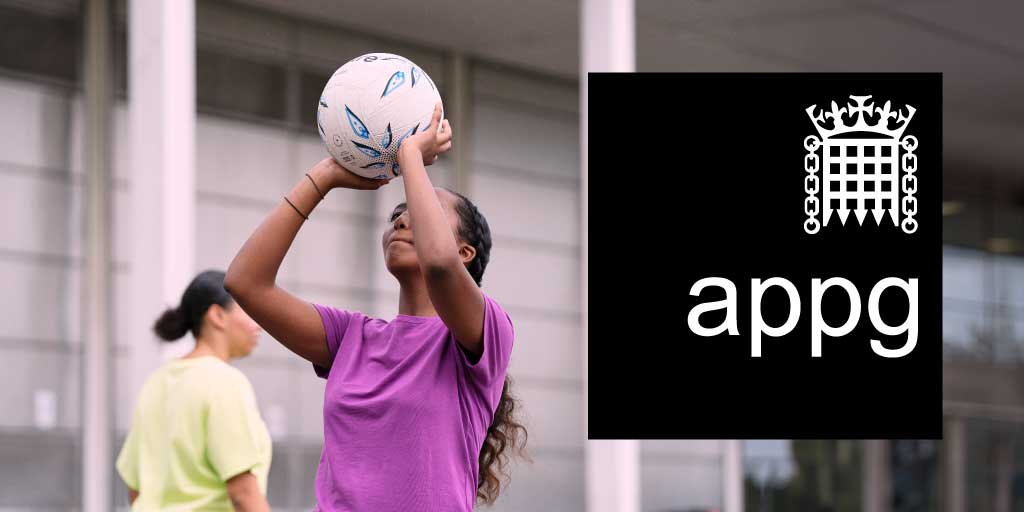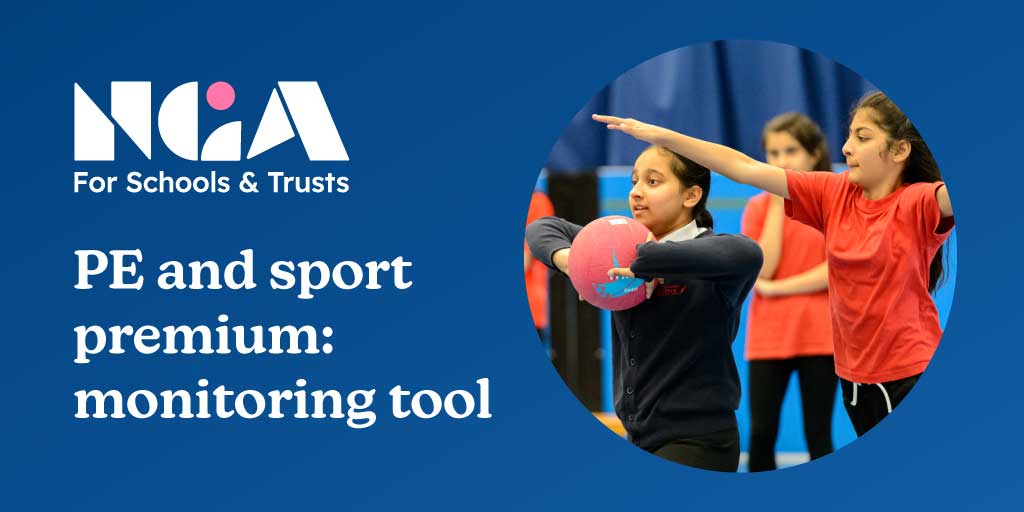The Pupil Premium was designed to enhance the PE curriculum for primary-aged children, part of the legacy of London 2012. However, a piece of research authored by Vicky Ram, Senior Fellow at the University of Winchester, and Gerald Griggs, Dean and Head of Academics at the University Campus of Football, has claimed that it was teachers and their capacity to teach PE that had been eroded.
The fund, which is worth around £18,000 to schools, has met a need to improve facilities and teaching. As it expanded, it became a method of tackling a health crisis amongst children. Whilst CPD support for teachers is one of the objectives of the Premium. Its primary concern is PE and school sport for children.
Changes to PE funding
The Pupil Premium has invested more than £2.2 billion into primary school PE in the last ten years. With the proceeds from a tax on sugary drinks, the fund increased to £320 million per year. In the last two years, however, confirmation of the fund has been inconsistent. According to many headteachers, the late and somewhat unclear messages sent by the government prevented comprehensive PE planning.
PE is now the highest funded subject on the curriculum because, in comparison, PE had historically been under-funded and under-considered. Placing academic subjects such as English and maths above physical or creative ones is a common hierarchy. Around a third of schools during the pandemic replaced music and PE with academic subjects due to a lack of teachers or space.
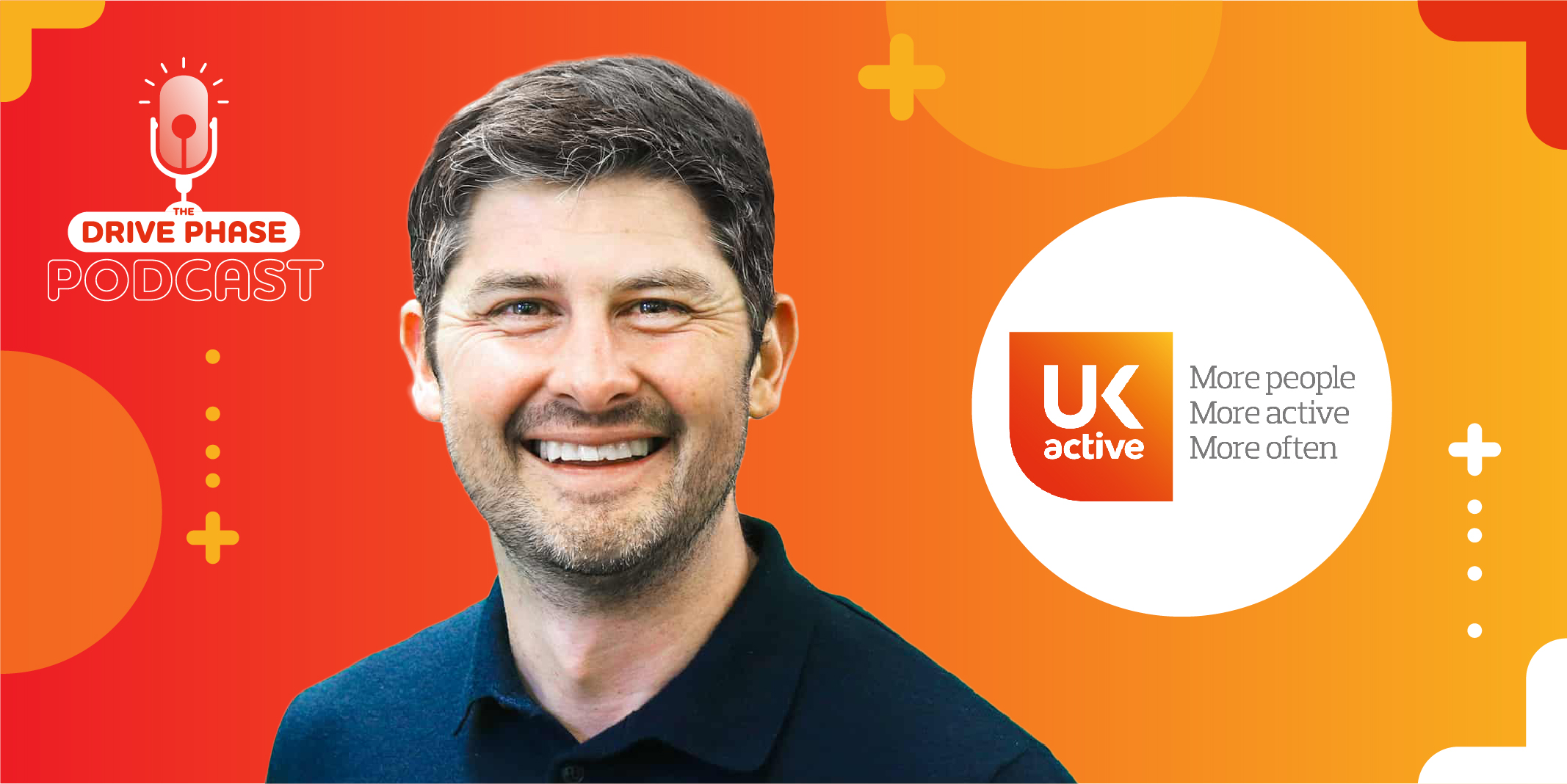
However, the reporting measure required for the Premium adds to an already full workload for schools. Evidence of the use of the Premium must be shown in inspections and online alongside their normal reports, lesson plans, marking and evaluations. Whilst the fund requires due diligence, the authors don’t consider how timings outside of the administration’s control impact the use of the Premium. As Jack Shakespeare, Head of ukactive kids added:
“There are some clear gaps around accountability and clarity of guidance. But the biggest problem has been the hand-to-mouth nature of it. Not having clarification until the last minute inhibits our ability to act.”
Again using the hierarchy of academic subjects, the research assumes maths should be more important than physical activity. Maths has a total extra investment of £52 million over nine years compared with £2.2 billion over ten years for PE, ignoring that the leading health crises for children and adults are obesity and the conditions associated with it. There has been a 4.5% increase in obesity from 2019-20 to 2020-21 for children aged 10 to 11 years old.
Waning confidence and skill amongst teachers in PE
One of the core objectives of the Premium is to enhance teachers’ confidence and skill in teaching PE. Consequently, 77% of sports coaching companies explicitly mention CPD support to teaching staff, specifically working to improve their confidence in teaching.
The research also shows that sports coaches have had a positive impact on teaching. The problem is the lack of oversight concerning this objective. The research data refers to the ‘limited’ time allocated to monitor the effectiveness of the Premium, with the Inspection Handbook mentioning it only five times in its 73 pages. In practice, 81% of the investment has been in upskilling and training for staff in 2014-15. And in a sample of 625 schools, 34.2% were taught by class teachers, not sports coaches.
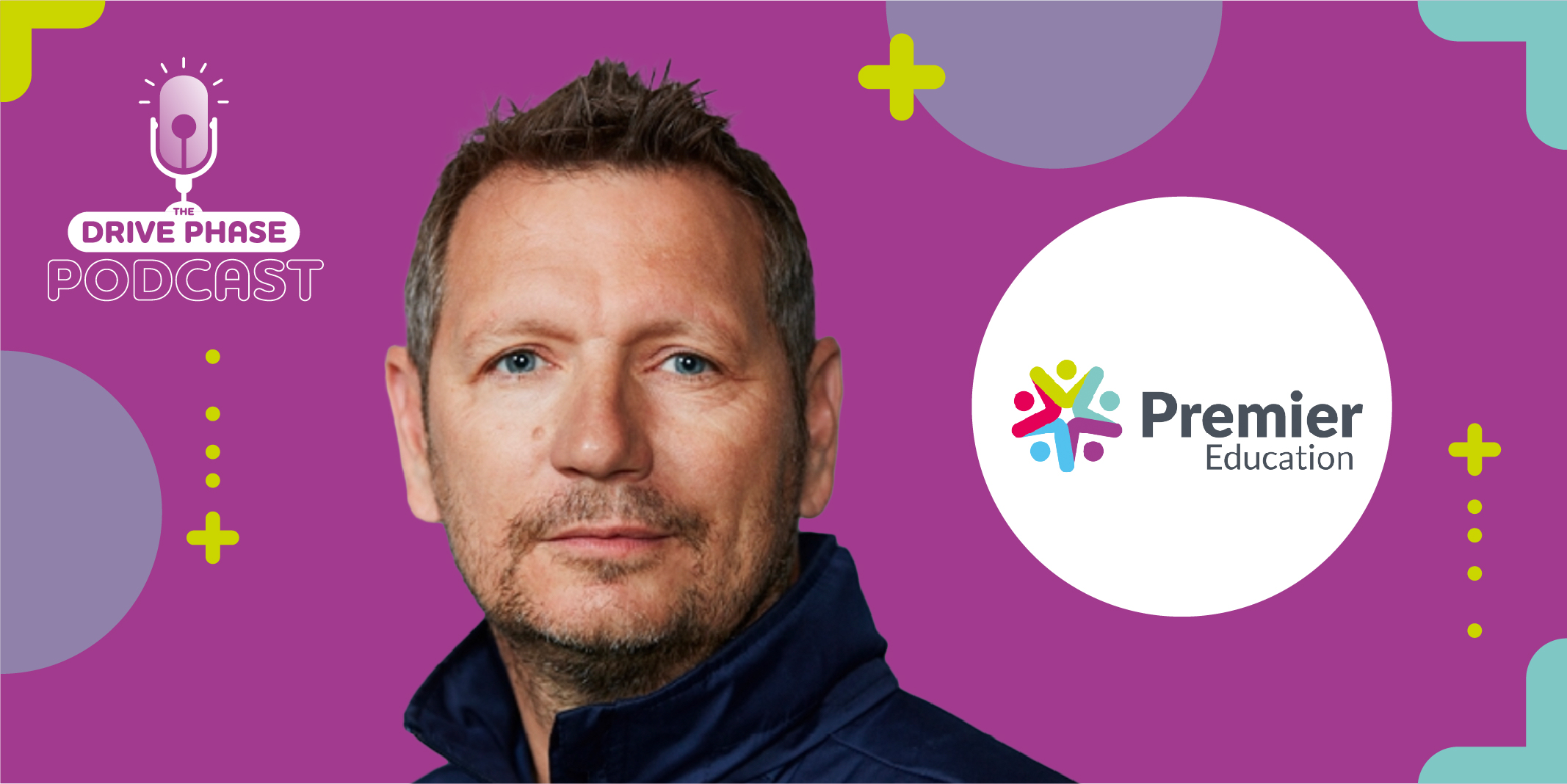
Former professional footballer and Chief Executive of Premier Education, David Batch, argued that accountability and professionalism were often in doubt, despite little evidence:
“It’s disrespectful to suggest that there would be people in school who don’t improve [a] child’s experience and education at best.”
The Pupils Premium has been tasked with making up for the meagre training in the average teacher training course. Most primary school teachers have less than five hours of combined training in PE, an area the Lords Committee Report on PE, Sport and Physical Activity in 2021 singled out for reform. Their report recommended additional hours within their preliminary teaching qualification alongside their personal development on the job. The focus was not on teachers having support in school but on their feeling confident before going into the classroom.
Increased reliance on outsourced PE teaching
The research also raised concerns about outsourcing PE to sports coaching specialists “who were not qualified to teach PE”. The All-Parliamentary report that made this conclusion argued that “sports coaches/instructors with limited qualifications… [had] an imperfect understanding of key pedagogical matters”.
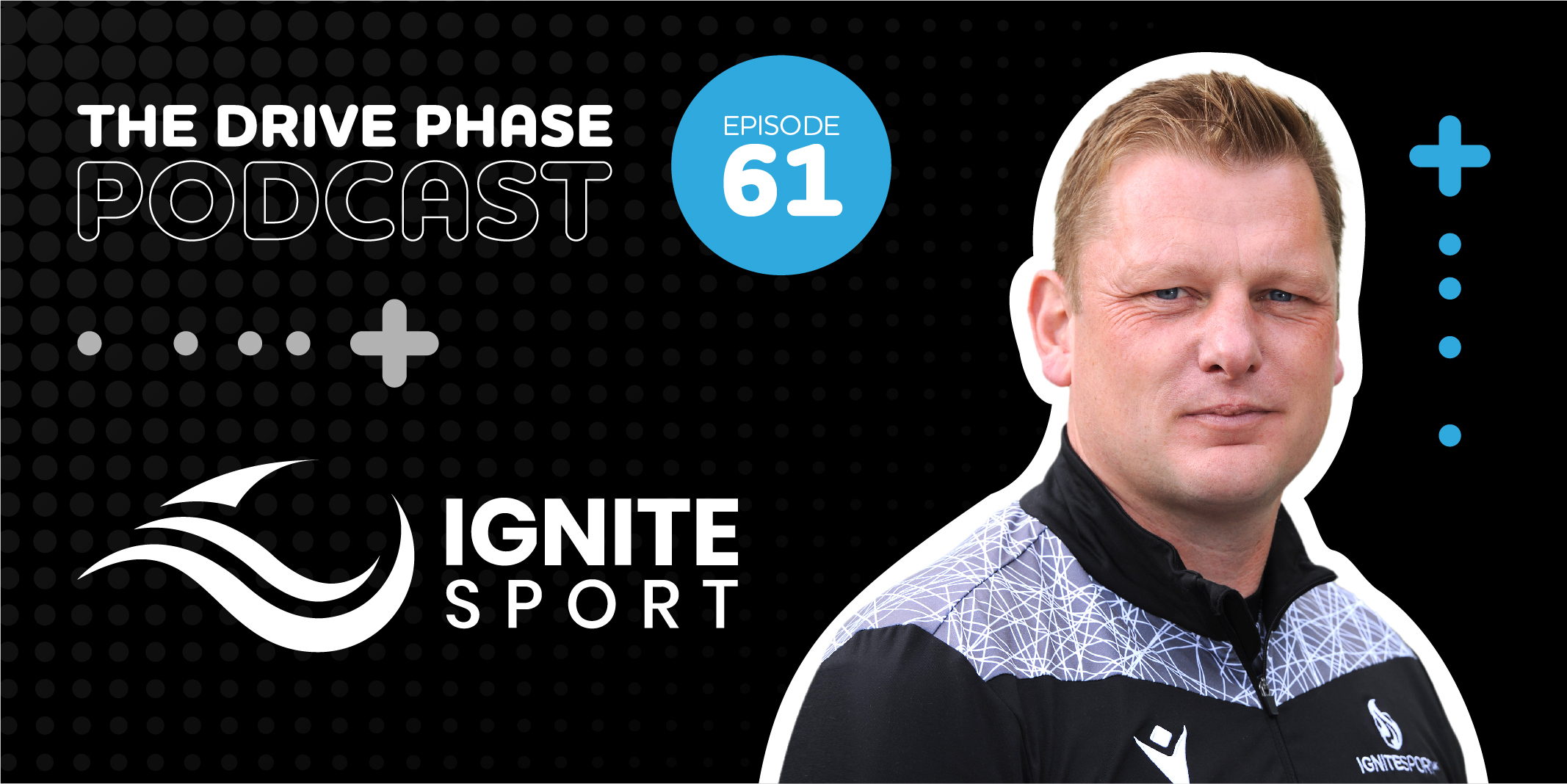
Justin Merritt, CEO of Ignite Sport, a sports coaching company established in Oxfordshire, found that this was a barrier he continued to work to change during the ten years he spent establishing his enterprise:
“I think there was always a little bit of resistance to coaches going into schools because they weren’t teachers. So, the work we did was to collaborate with schools to help them understand that we weren’t teachers because they already had great teachers. We were coaches there to show the value of coaching.”
For those that work in the sector, part of the work they do is establishing the significance of coaching as a vehicle for learning, not as a replacement for their teachers. For example, to become a certified Ofsted provider, sports coaching companies and their coaches must have at least two years in a primary school environment, with Level 2 qualifications in sports coaching, multi-skills, and safeguarding. Provisions that schools look for when they’re looking for curriculum support are markedly different from what would be expected of a teacher.
Conclusion
Sports coaching companies provide a new and unique experience to children with opportunities for enrichment and extracurricular sport where the teaching resource and equipment simply don’t exist. Any reliance on sports coaching companies is a product of a situation designed to create a better quality of PE and sport for kids and an existing issue of time and resources.
The Pupil Premium was never designed to change or decrease a school’s workload, which is one of the main barriers to teachers’ personal development. Whilst continued development for teachers is part of the Premium’s remit, due to how the Premium is monitored, organised and disseminated, there is no evidence that sports coaching has done anything but improve standards.





